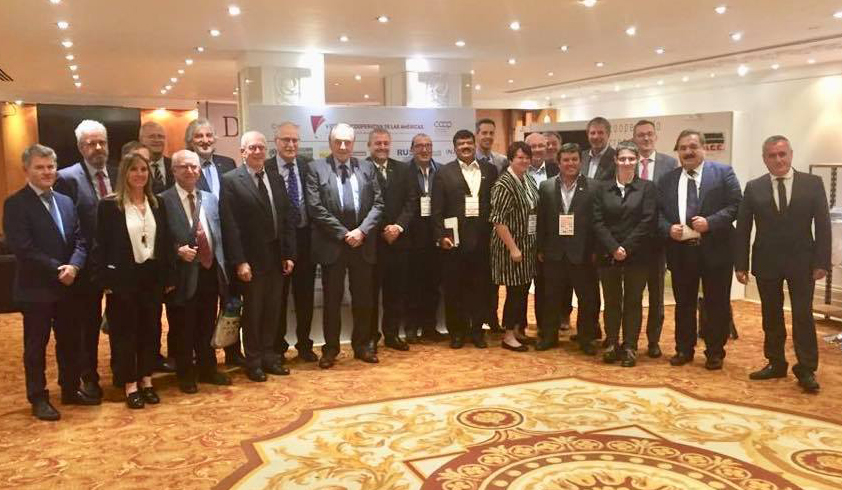By Anca Voinea
The world’s top 300 co-operatives have a combined turnover of US$2.01tn, according to the latest edition of the World Co-operative Monitor, which was launched at the General Assembly of the International Co-operative Alliance.
Now in its 7th year, the report is produced by the ICA with the scientific and technical support of the European Research Institute on Cooperative and Social Enterprises (Euricse).
The 2018 edition is based on 2016 financial data. The monitor collected data for 2,575 organisations from eight sectors of activity, 1,157 of which have a turnover of over US$100m.
This report presents rankings based on turnover as well as the ratio of turnover over gross domestic product per capita.
French co-operative bank Crédit Agricole remains the largest co-operative in the world based on turnover with $90.16bn, followed by Groupe BPCE ($67.78bn), also from France; BVR from Germany ($55.36); Zenkyoren from Japan ($54.62bn); and retailer REWE Group from Germany ($54.57bn).
In the top 300 based on the ratio of turnover over gross domestic product (GDP) per capita ranking, IFFCO from India holds the top position.
The world’s top 300 co-operative organisations operate in different sectors: insurance (32%), agriculture (35%), wholesale and retail trade (19%), banking and financial services (8%), industry and utilities (2%), health, education and social care (2%) and other services (2%).
New this year is an analysis of the contribution of the world’s largest co-operatives to meeting the UN’s Sustainable Development agenda. The monitor examines documents reported to the UN Global Compact project and Global Reporting Initiative (GRI).
Participants in the United Nations Global Compact are required to produce and submit online an annual report entitled Communication on Progress (CoP) that outlines the efforts to operate responsibly and support society. Within the GRI, co-operatives can upload their sustainability report to the online database of the project specifying whether or not the report was compiled using GRI indicators. According to the Monitor, 33 CoPs and 58 sustainability reports were collected from 75 co-operative organisations.
Bruno Roelants, director-general of the ICA, said: “We are proud to find many examples of co-operative and mutual enterprises developing projects and initiatives to ensure fair labour, protect the environment, and much more to meet the SDGs. Featured within the section are also stories about the actions taken by Grupo Sancor Seguros (Argentina), Metsä Group (Finland) and Sicredi (Brazil), three of the Top 300.”
The analysis includes case studies about specific actions taken by three of the top 300 co-ops, as well as an interview Enrico Giovannini, co-chair of the UN Independent Expert Advisory Group on the Data Revolution for Sustainable Development.
Gianluca Salvatori, Euricse secretary general, believes that “co-operative organisations and the subjects of the social economy are increasingly an important junction for bringing institutions, civil society and businesses closer together”.
He added: “To address societal problems we need to continue to build co-operation through the framework and tools of sustainable development.”
The report also includes a trend analysis on the top co-operatives and mutuals by sector activity.













































